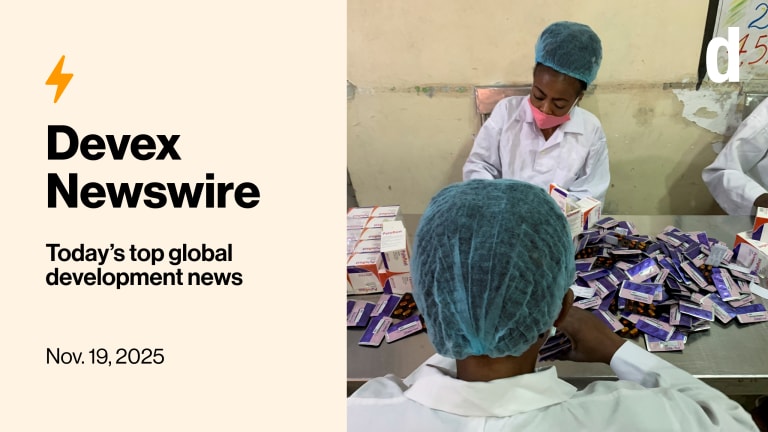The human element: 3 ways businesses must connect with people in Africa
What’s the most important element to consider when getting started with investment in Africa?
There’s really only one answer: people.
In Africa, business is personal in a variety of senses, and it’s crucial to be aware of the connections one must make with people during every step of the investment process. Here are the various ways in which developing connections with people is at the core of business in Africa.
Upon entry: Connecting for insight
One of the most important steps in exploring overseas markets to is where to get your information. That aspect of planning is all the more important in Africa. When new to the continent’s business environment, be sure to listen to people who have been to your investment destination. successful or not in their business venture, it’s valuable to ask them about their experience in the country.
Furthermore, make sure to think broadly when seeking advice; look beyond your own sector, and consult U.S. commercial officers in your target market. Participating in organizations that bridge business between Africa and the international private sector is also important because of those organizations’ multiplier effects for experience and knowledge.
Research shows that most American companies in frontier markets base their decisions more on word of mouth than official studies, and truthfully, that approach makes sense. There’s no replacement for personal experience in African business. Important opportunities may be overlooked if you limit your company’s due diligence to traditional sources of information.
On the ground: Connecting for relationships
Once you’ve selected a market in Africa, it’s absolutely critical to know that in most frontier and emerging markets, business is still all about relationships. If you want to sell in Africa, you have to be present, you have to make an impression on potential partners, and you have to make an effort to understand the people you’re working with. A presence in Africa is a major advantage, and personal meetings to assess the viability of partners are vital.
See more episodes of IGD’s video series:
● Battle of perspectives over Africa's 2050 population boom
● Entering Africa: 3 considerations for your first investment
● Dealing with corruption in Africa: A complex yet surprisingly simple answer
● Dark continent? How Africa's communications revolution is eroding bad press
The more that your company can understand that business in Africa is not a function of sending emails, the better off your business will be. Instead, business is a function of picking up the phone and talking to people, and it’s a function of traveling to the places where you’re finalizing transactions.
It really is all about relationship-building. In the end, those relationships — if properly cultivated — are a better guarantee of business success than a supposedly air-tight contract.
In the long-term: Connecting for sustainability
Another indispensable insight on business in Africa relates to your company’s presence in the local population. Traditional corporate philanthropy is no longer the most effective way forward. Africans want impact investing to create sustainable development that will encourage the growth of the continent’s human resources.
Companies have to look at aspects of business like training and improvements in infrastructure as serving not only the company, but also the local population. To make investments both profitable and sustainable, companies must implement impact investing that uses value chain and supply chain analysis to determine how the local community can contribute to the investments of the company.
At its core, a business must remember that it has many stakeholders, and the most critical audiences are its shareholders, and the local people. When you contribute to building skills in an area, you enable people to take better control of their lives. The benefits spill over into the economic and political sectors, and open even more business opportunities.
Think globally, act locally
The question of engaging with the local community through social impact investment relates directly to the approach that advises “think globally and act locally.” A larger vision that is complemented by connections with African business leaders and the local African population will undoubtedly lead to better strategic and operational outcomes. Correspondingly, a vision disconnected from local, human realities doesn’t have nearly as much promise and leaves a company vulnerable to more savvy competitors. Africa’s increasingly global role will only accentuate the importance of those local African voices.
Watch the fourth episode of IGD’s “Changing Perceptions” video series here. To learn more about the “Changing Perceptions through Digital Storytelling” project, click here.
Join the Devex community and access more in-depth analysis, breaking news and business advice — and a host of other services — on international development, humanitarian aid and global health.
Search for articles
Most Read
- 1
- 2
- 3
- 4
- 5








